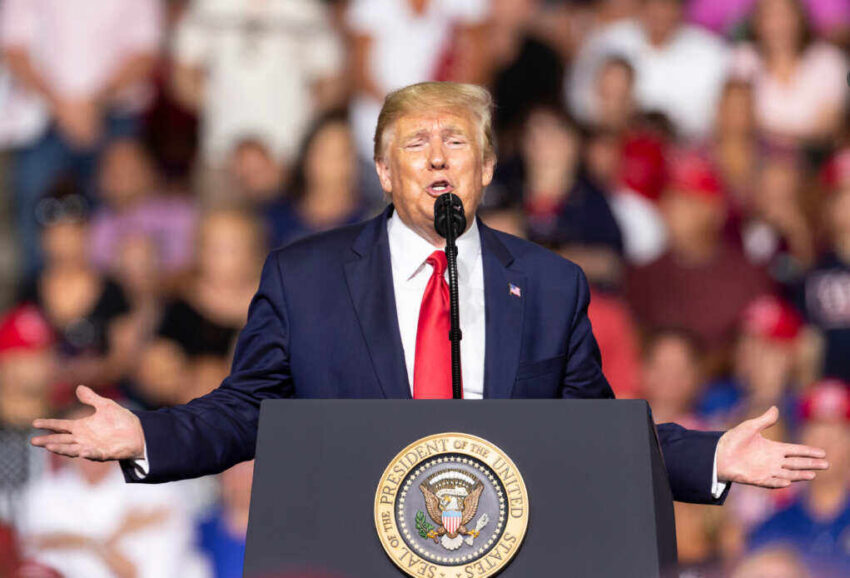President Donald Trump announced plans to send formal letters to various countries within the next ten days, detailing the new tariff rates they will be required to pay on goods exported to the United States as the 90-day pause on tariffs approaches its July 9 expiration.
At a Glance
- The 90-day pause on tariffs is set to expire on July 9.
- Trump plans to notify countries of new tariffs, which could reach up to 50%.
- Trade talks are ongoing with over a dozen countries, including India.
- The administration aims to finalize agreements with most partners by Labor Day.
- Legal challenges question the president’s authority to impose broad tariffs.
Tariff Deadline Looms
The Trump administration will send letters notifying countries of impending tariffs based on their trade relations and negotiation status. Trump declared the tariffs would depend on whether countries treat the U.S. “good” or “not so good,” signaling a tailored approach with some facing high levies. This move comes as the 90-day tariff suspension expires July 9, threatening up to 50% tariffs on goods from countries without trade agreements. The administration’s firm stance was detailed by the Associated Press.
Ongoing Trade Negotiations
Negotiations continue with more than a dozen countries, including India, as the U.S. seeks to finalize deals by Labor Day. Treasury Secretary Scott Bessent expressed confidence that agreements with 10 to 12 partners could be reached soon, noting that countries such as the U.K. and China have completed talks. This push to settle trade talks quickly was reported by Politico.
Market Reaction and Economic Implications
Markets have partially rebounded since the initial tariff threats, but further tariff hikes could unsettle investors again. Previous tariff policies contributed to spikes in Treasury yields and market volatility. Analysts suggest Trump may hesitate to impose the steepest tariffs to avoid financial instability, given the U.S.’s $36 trillion debt reliance on foreign investment. This cautious outlook was analyzed by MoneyWeek.
Legal Challenges to Tariff Policies
Trump’s tariffs, sometimes called “Liberation Day” tariffs, have faced legal pushback. The U.S. Court of International Trade ruled in May 2025 that broad tariffs imposed under executive authority exceeded presidential power as outlined in the International Emergency Economic Powers Act. This ruling challenges the legality of imposing sweeping tariffs without Congressional approval, complicating the administration’s trade strategy, as summarized on Wikipedia.
Watch a report: Trump’s Tariff Strategy Explained
Click this link for the original source of this article.
Author: Editor
This content is courtesy of, and owned and copyrighted by, https://deepstatetribunal.com and its author. This content is made available by use of the public RSS feed offered by the host site and is used for educational purposes only. If you are the author or represent the host site and would like this content removed now and in the future, please contact USSANews.com using the email address in the Contact page found in the website menu.








